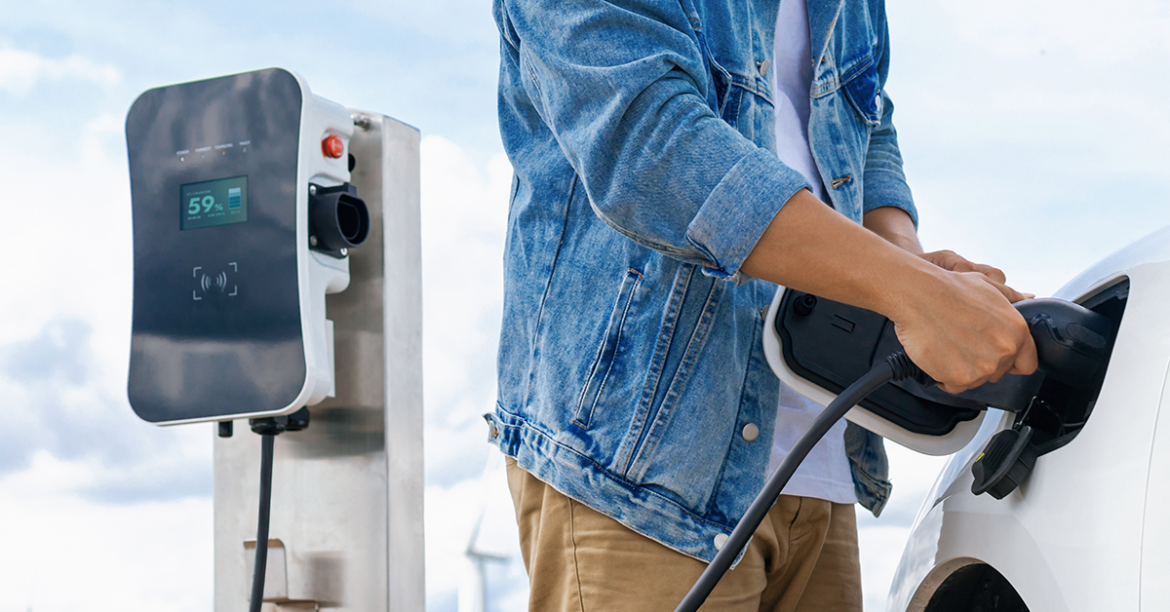
It is mid-July and we have already experienced two (2) named storms this year. Where are you in your hurricane preparedness? In addition to general hurricane preparedness, local municipalities and programs throughout the state have been warning against the potential dangers of leaving electric vehicles, e-bikes, e-scooters, electric golf carts, etc. (“EV”) plugged-in during storms. The combination of salt water and the battery systems in EVs could result in a fire. EVs left in a garage (especially those within a flood zone) could be potentially even more disastrous. Recent recommendations are that any EV that cannot be fully removed from the premises should be parked at least fifty (50) feet away from any structure and/or any other vehicle.
In addition to all other hurricane planning (see link for a recent article regarding hurricane preparedness here), Boards should consider adopting appropriate rules related to EV removal as storms approach and contact their legal counsel to discuss adoption of same.
In the interim, please also consider the below safety precautions and recommendations related to approaching storms and EVs. EV owners should:
- ensure their battery is charged to 100%;
- know their evacuation route and understand their vehicle’s range;
- avoid relying on charging stations along their evacuation routes due to the potential for power outages and/or long lines/wait times;
- never drive through flooded areas;
- never leave EVs plugged into a charger;
- never leave EVs inside a garage in flood-prone areas;
- ensure that EVs are parked at least 50 feet away from any structure or other vehicle; and
- never attempt to operate or charge an EV that was submerged in floodwaters.
Following the publication of the article mentioned above, both House Bill 1021 (“HB 1021”) and House Bill 293 (“HB 293”) were signed into law by the Governor. HB 293 became effective upon the Governor’s signature and HB 1021 became effective July 1, 2024.
HB 1021, among other items, included potential changes related to hurricane shutters and the responsibilities for same in condominiums. Boards should contact their legal counsel to discuss a potential amendment to their Declaration specifically defining costs related to removal and reinstallation costs related to code-compliant shutters.
HB 293 requires homeowner’s associations to adopt hurricane protection specifications for reach structure on a parcel governed by the homeowner’s association. Boards should contact their legal counsel to discuss adoption of same.


